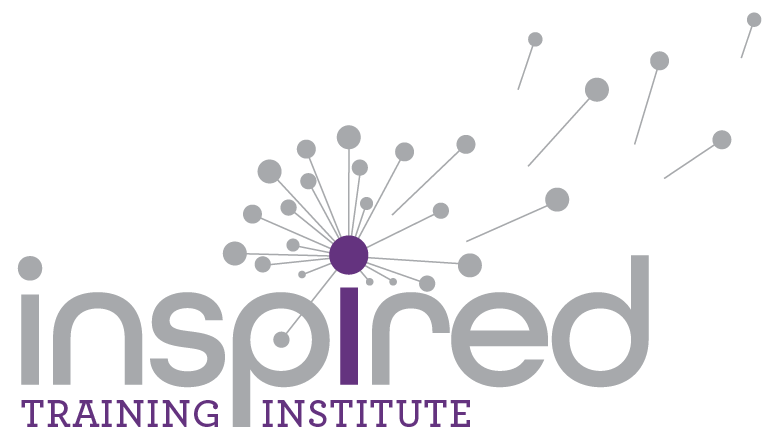The Influence of Emotional Intelligence on Leadership Communication
Emotional intelligence (EQ) is a foundational skill that plays a pivotal role in effective leadership communication. Leaders with high emotional intelligence are adept at understanding and managing emotions, leading to improved team dynamics, decision-making processes, and overall organizational culture.
Emotional Intelligence in Communication Navigation
Leaders with emotional intelligence excel in navigating communication challenges. They demonstrate the following abilities:
Interpreting Nonverbal Cues: EQ enables leaders to discern subtle emotional signals such as body language and tone of voice, facilitating a deeper understanding of team members' feelings and concerns.
Story: Consider Jane, a project manager who noticed her usually energetic team member, Sam, seemed unusually quiet during meetings. By observing his body language and tone, she sensed he was overwhelmed. Jane approached Sam privately and offered support, which led to an open conversation about his workload. Together, they devised a plan to redistribute tasks, improving Sam's morale and productivity.
Practicing Active Listening: Leaders with EQ engage in genuine listening, focusing not only on words but also on the underlying emotions. This fosters empathy and builds trust within the team.
Story: During a team meeting, Alex, a department head, noticed that team member Mia was hesitant to speak up. Instead of moving on, Alex encouraged Mia to share her thoughts. By listening actively and acknowledging her concerns, Alex helped Mia feel valued, which boosted her confidence and encouraged more open communication within the team.
Adapting Communication Styles: EQ empowers leaders to adjust their communication approach based on the emotional needs and preferences of team members, fostering effective dialogue and collaboration.
Story: Sarah, a team leader, knew her team had diverse communication preferences. While some preferred direct feedback, others needed a more supportive approach. By adapting her style accordingly, Sarah was able to communicate effectively with each team member, ensuring everyone felt heard and respected.
This is important for leaders because it enhances their ability to connect with their teams, create a positive work environment, and address issues before they escalate.
Elevating Leadership with Emotional Intelligence
The impact of emotional intelligence on leadership effectiveness is profound:
Inspiring and Motivating: EQ enables leaders to connect with their teams on an emotional level, inspiring motivation, and commitment toward shared goals.
Story: Mark, a sales director, frequently shared stories of the company's impact on customers' lives. By connecting emotionally with his team, he inspired them to see beyond their daily tasks and feel passionate about their work, leading to increased motivation and higher sales performance.
Resolving Conflicts: Leaders with EQ possess effective conflict resolution skills, addressing disagreements constructively and restoring team harmony.
Story: When two team members, Lisa and John, had a disagreement, their manager, Paul, stepped in to mediate. Using his EQ skills, Paul listened to both sides without bias, acknowledged their feelings, and helped them find common ground. This not only resolved the conflict but also strengthened the team's cohesion.
Making Informed Decisions: EQ equips leaders to make informed decisions by considering emotional implications and understanding the impact on team morale and motivation.
Story: Emily, a product manager, faced a tough decision about cutting a beloved but underperforming project. She considered the team's emotional investment in the project and communicated her decision with empathy, explaining the reasons and focusing on future opportunities. This approach-maintained trust and morale, even during a difficult transition.
Practical Strategies for Developing Emotional Intelligence
Enhancing emotional intelligence is a tangible goal achievable through targeted strategies:
Self-Awareness: Encourage leaders to engage in self-reflection and seek feedback to understand their emotional triggers and responses.
Story: Tom, a senior manager, started journaling his daily interactions and reactions. Over time, he recognized patterns in his responses to stress and began working on managing his emotions better, leading to more balanced and effective leadership.
Empathy Building: Promote activities that cultivate empathy, such as role-playing scenarios and perspective-taking exercises.
Story: During a team-building workshop, Megan had her team role-play as customers facing issues with their product. This exercise helped the team develop empathy, leading to more customer-centric solutions and improved service quality.
Stress Management: Teach stress-reducing techniques like mindfulness and relaxation exercises to help leaders regulate their emotions effectively.
Story: After attending a mindfulness workshop, Raj, a team leader, started practicing deep-breathing exercises before high-stress meetings. This practice helped him stay calm and focused, improving his decision-making and leadership presence.
Communication Skills Training: Provide workshops on active listening, assertiveness, and emotional expression to enhance interpersonal communication skills.
Story: Laura attended a communication skills workshop that emphasized active listening and assertiveness. She applied these skills in her daily interactions, leading to clearer communication and stronger relationships with her team.
Conclusion
In summary, emotional intelligence significantly influences communication within leadership roles. By developing EQ and implementing practical strategies, leaders can foster effective communication, build stronger relationships, and drive organizational success. Investing in EQ training is essential for cultivating a positive leadership culture and achieving sustainable long-term growth. Embracing emotional intelligence empowers leaders to navigate complexities with empathy, inspire their teams, and lead with purpose.


